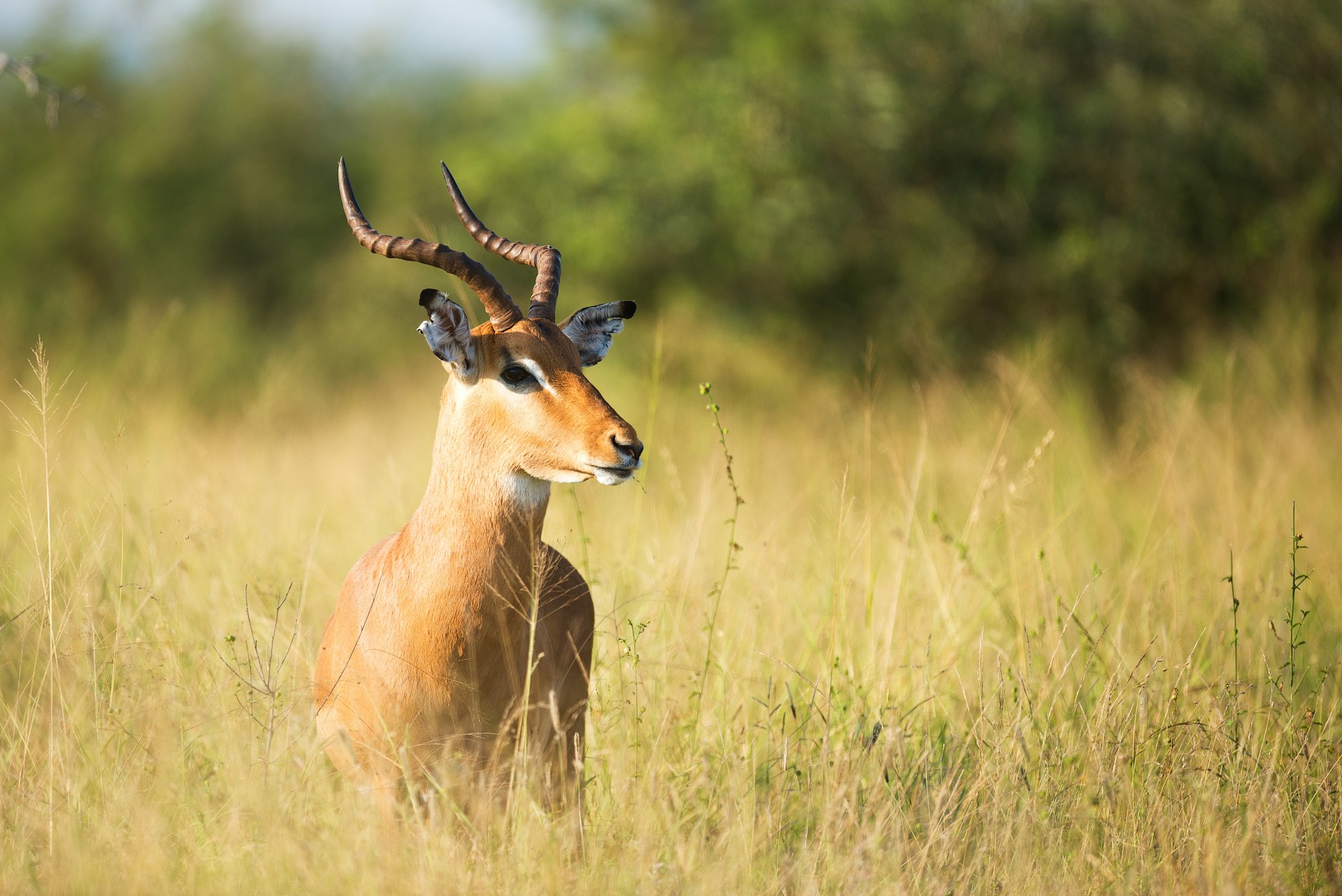
Hunting is more than a sport or tradition — it’s a responsibility that connects us directly to nature. Practicing sustainable hunting practices means respecting wildlife, preserving ecosystems, and ensuring that hunting remains a positive force for the environment. Hunters today face the challenge of balancing their passion with conservation, making ethical choices that protect wildlife populations and habitats for future generations. By learning how to hunt responsibly and ethically, hunters can enjoy the outdoors while playing an essential role in wildlife management and ecosystem health.
Understanding the Importance of Sustainable Hunting Practices
Sustainable hunting is about more than just following laws and regulations. It is a commitment to maintaining the natural balance and promoting the long-term health of animal populations. This practice helps avoid overharvesting, which can lead to population declines or ecosystem damage. Instead, sustainable hunters take only what the environment can sustainably support and utilize every part of the animal to minimize waste.
When hunters follow these principles, they contribute to conservation efforts and help protect species from endangerment. Wildlife agencies often rely on sustainable hunting data and license fees to fund habitat restoration, research, and wildlife monitoring programs. This cycle of responsible hunting fosters a partnership between humans and nature, demonstrating that hunting and conservation can coexist harmoniously.
Hunting with Conservation and Wildlife Management in Mind
One common misconception is that hunting harms animal populations, but sustainable hunting practices help maintain balance in ecosystems. Many areas lack natural predators, resulting in overpopulation that strains resources. When populations grow unchecked, animals may face starvation, disease, or habitat destruction. Hunting controls these numbers to protect both the species and their environment.
For example, deer populations in many parts of the United States have grown significantly due to a decline in natural predators. Responsible hunters help prevent overgrazing that would otherwise damage forests and farmlands. Moreover, funds from hunting licenses support conservation programs, making hunters key contributors to wildlife protection.
In this way, hunters act as partners with wildlife biologists and conservationists. They provide valuable data on animal health and numbers and help enforce anti-poaching laws. This cooperation ensures ecosystems remain healthy and species continue to thrive.
Ethical Hunting: Respecting Wildlife and the Environment
Ethical hunting is a cornerstone of sustainable hunting practices. It means treating animals and nature with respect, aiming for a quick, humane kill to minimize suffering. Ethical hunters avoid taking shots beyond their skill level and follow all hunting laws, including seasons and bag limits.
Using proper equipment, practicing marksmanship, and ensuring safety all show respect for the animal and the environment. Hunters also commit to using as much of the animal as possible, whether for food, clothing, or tools. This reduces waste and honors the life taken.
Respect extends beyond animals to include landowners, other hunters, and local communities. Ethical hunters seek permission before hunting on private property and adhere to rules that protect the environment, such as avoiding damage to plants and habitats. This care builds goodwill and preserves hunting traditions for future generations.
Preparing for a Responsible Hunt
Proper preparation is key to practicing sustainable hunting practices. Hunters should research local wildlife laws, study the behavior of target species, and understand their habitat. This knowledge enables hunters to make informed, ethical decisions and minimize the disturbance of other wildlife.
Physical readiness and equipment maintenance are also crucial. Hunters must ensure their firearms or bows are in good working condition and practice shooting to provide accurate and humane kills. Planning hunts to avoid sensitive breeding or nesting seasons helps protect wildlife during its most vulnerable times.
Additionally, responsible hunters prepare for safe and ethical retrieval of game, minimizing environmental impact. They pack out all waste and respect trails and waterways to reduce damage to natural areas.
The Role of Hunters in Wildlife Preservation
Hunters make significant contributions to wildlife preservation through their actions and financial support. Fees from licenses and permits often comprise a substantial portion of conservation budgets. This money supports habitat improvement, anti-poaching efforts, and wildlife research.
Beyond financial support, hunters play a critical role in monitoring animal populations. Many participate in citizen science projects, reporting sightings and conditions of wildlife. This information enables wildlife managers to make informed decisions regarding population control and habitat management.
In regions where hunting is prohibited, some species risk becoming overpopulated and damaging ecosystems. Sustainable hunting practices help prevent these issues, ensuring species remain balanced within their environment.
Educating the Next Generation of Ethical Hunters
Passing on knowledge about sustainable hunting practices is crucial to maintaining hunting as a responsible and respected activity. Experienced hunters must teach younger generations about safety, ethics, and conservation.
Mentoring programs and hunter education courses emphasize the importance of respect for wildlife and the environment. These programs also stress the importance of obeying laws and practicing ethical hunting to build a positive public image.
Young hunters who learn to hunt sustainably are more likely to become lifelong stewards of the land. They understand that hunting is not just about the thrill, but also about contributing to conservation and maintaining a connection with the natural world.
Why Sustainable Hunting Practices Matter Today
The need for sustainable hunting practices is greater than ever as human activity increasingly impacts natural habitats. Urban growth, pollution, and climate change pose significant threats to ecosystems and wildlife populations. Hunters who practice responsibility help counterbalance some of these pressures.
Sustainable hunting ensures that wildlife populations remain robust and ecosystems stay healthy. By respecting hunting regulations, using ethical methods, and contributing to conservation efforts, hunters protect the natural world they love.
Hunting responsibly also fosters a deeper connection between people and the natural world. It promotes outdoor recreation, encourages conservation funding, and fosters appreciation for wildlife. In this way, sustainable hunting supports both environmental health and cultural heritage.